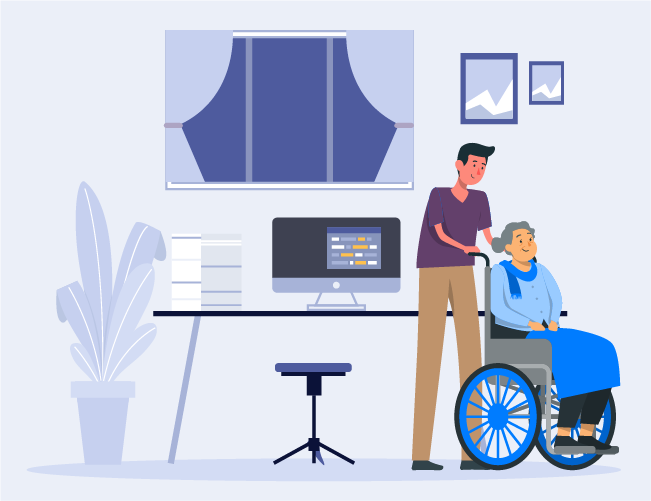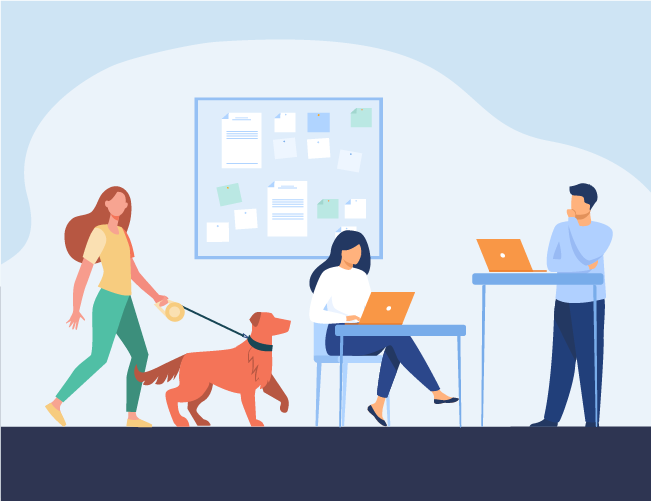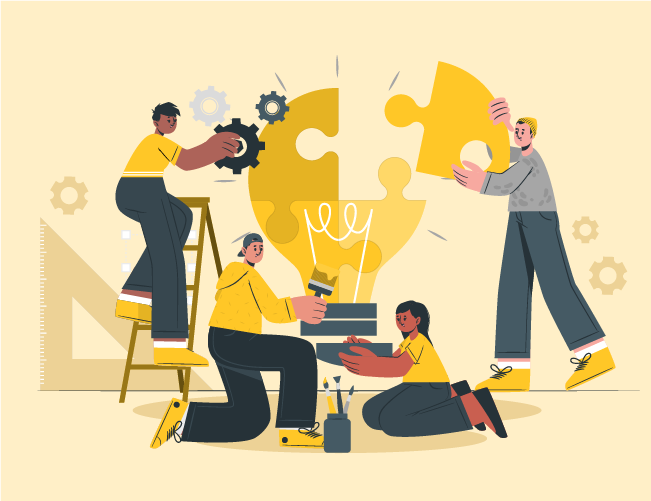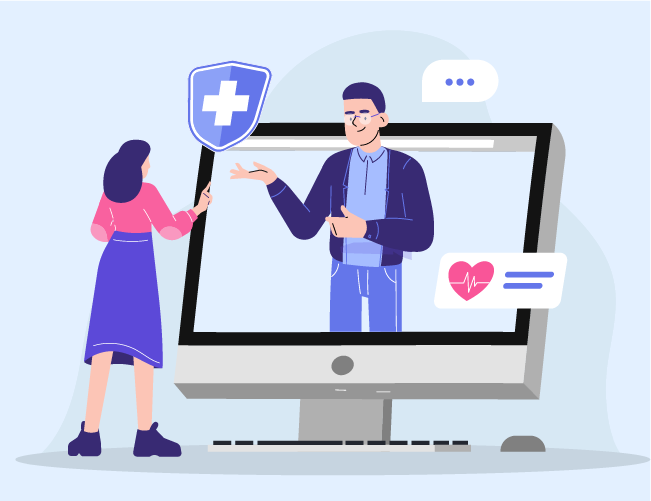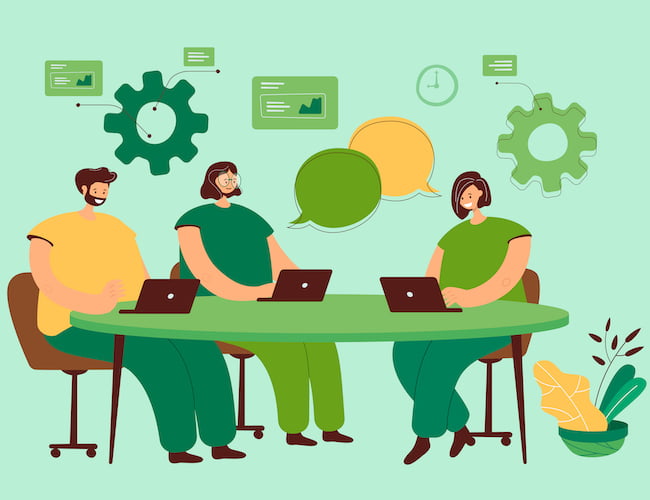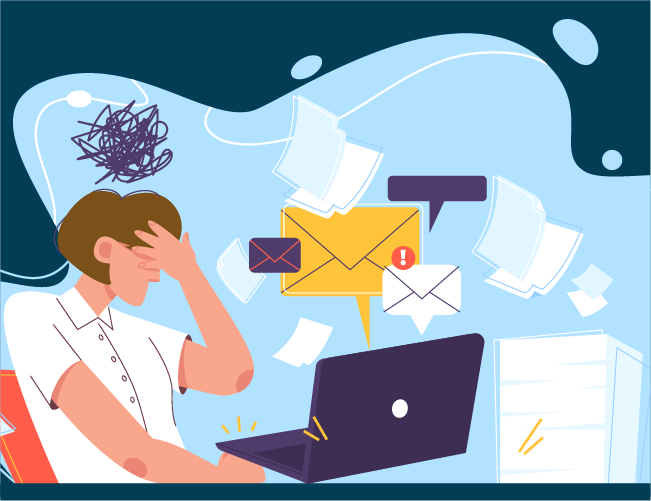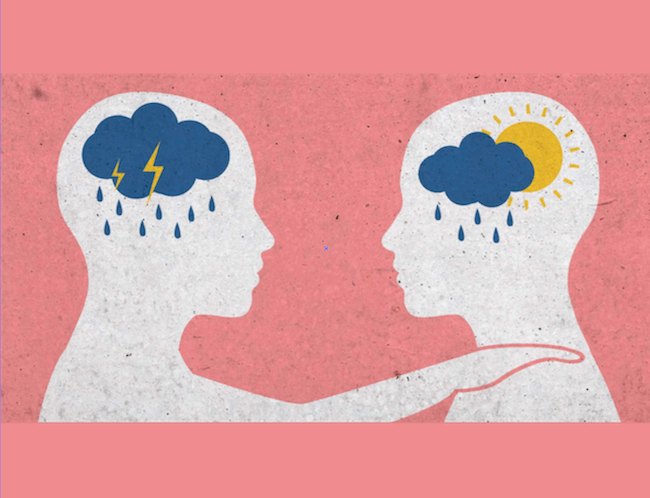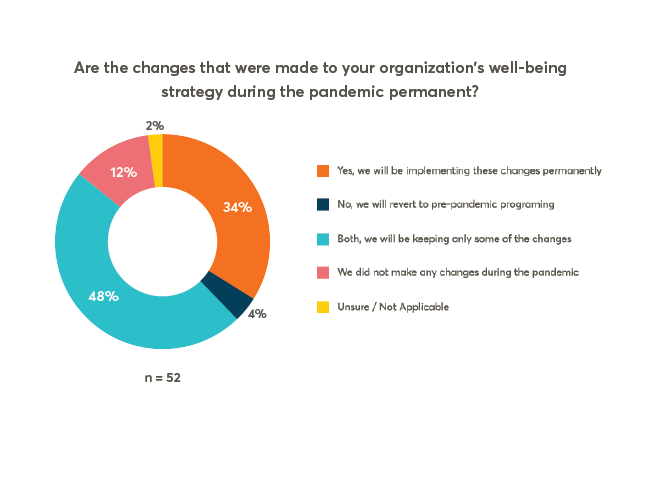The Hidden Caregiver: Isolated Elderly And The Workers Who Help Them Stay Connected
Loneliness is a growing and pervasive problem that companies must address in order to stave off its potentially costly effects on productivity and engagement. This post details the severity of the problem and offers tips on how to combat it.
Creating A Pet-Friendly, Wellness-Boosting Workplace
Pet-friendly workplace policies are good for employee wellness and result in several positive organizational outcomes. This post contains eight tips for maximizing the wellness-boosting and organization-optimizing effects of pet-friendly workplaces.
A Psychological Perspective On Employee Engagement
Though employee engagement is often proclaimed to have a significant impact on outcomes like employee wellness, productivity, innovation, and retention, its definition is rarely discussed. This post provides an analysis of employee engagement to help employers assess the range of claims made about it, determine whether their employees are in fact engaged, and cultivate engagement if it is found to be lacking.
12 Tips for a Successful Virtual Health Fair
Discover 12 tips for a successful virtual health fair that boosts employee engagement and supports wellness across remote and hybrid teams.
The Psychological Toll Of Open-Plan Offices
Despite their popularity, open-plan offices (OPOs) have several downsides. Not only can they stifle innovation, but they can also be emotionally taxing. This post describes the psychological toll that OPOs can take on employees and explains how re-imagining the purpose of the office as a space for collaboration can help employers persuade remote-only workers to come back into the office.
The Rise of Workplace Burnout: Causes And Treatments
Chronic work-related stress has depleted employees’ energy reserves along with their ability to feel positively towards their workplaces. As a result, they are unhappy and underperforming. To help employers fix this problem, this post describes six of the most common causes of workplace burnout and provides suggestions for how to address them.
Empathy, Virtual Reality, And Workplace Optimization
Empathy fosters collaborative and respectful workplace interactions. By providing employees with immersive, perspective-changing experiences, virtual reality has proven to be a useful tool in the cultivation of workplace empathy. This post reviews VR's empathy-inducing effects, along with some of its other surprising workplace use cases.
Education Benefits: Underutilization And Ways To Make Them More Impactful
Employers offer education benefits to help their employees continue to learn and acquire new skills in an increasingly competitive and degree-demanding job market. Despite the multitude of ways in which education can benefit employees, many of the education benefits provided by businesses are not being used. To help companies rectify this problem, this post identifies four key reasons why these benefits often go underutilized and describes two steps that employers can take to improve their education initiatives going forward.
Pulse Check: Are Pandemic-Induced Changes To Wellness Strategies Here To Stay?
Every month, Wellable asks a single question to the large, growing, and dedicated community of human resources and wellness professionals. The question for July asked respondents if their organizations will be keeping the changes that were made to their well-being strategies during the pandemic.



